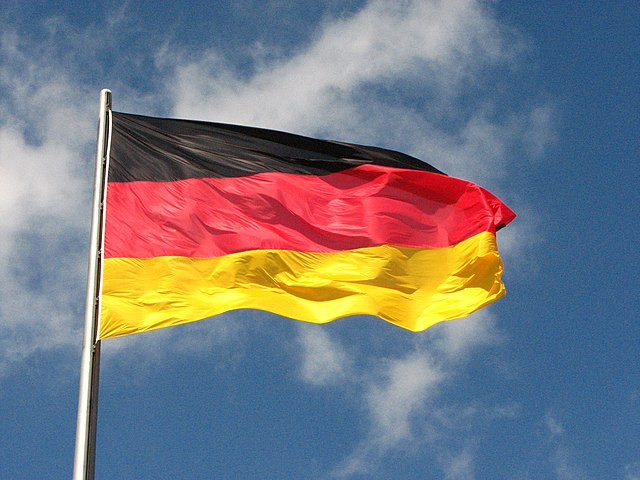Germany's economy contracted by 0.2% in 2024, marking its second consecutive annual decline and the first two-year contraction since 2002-2003, according to data released Wednesday by the country's statistics office, Destatis. The figures highlight persistent structural and cyclical challenges in Europe's largest economy, including pressures on key industries and rising costs.
"The German economy contracted by 0.2% in 2024," Destatis reported, confirming earlier forecasts from economists polled by Reuters. Ruth Brand, president of Destatis, cited multiple factors hampering growth, including "increasing competition for the German export industry on key sales markets, high energy costs, an interest rate level that remains high, and an uncertain economic outlook."
The contraction followed a 0.3% decline in GDP in 2023, as manufacturing output fell significantly. Gross value added in the manufacturing sector dropped by 3% in 2024, with major declines in car manufacturing, chemicals, and energy-intensive industries. Volkswagen, one of Germany's largest employers, announced plans last year to cut more than 35,000 jobs by 2030 amid slumping demand.
The construction sector also suffered, shrinking by 3.8%. Rising raw material prices and elevated interest rates dampened building projects, particularly in residential construction. Meanwhile, services activity provided a glimmer of hope, expanding by 0.8%, with growth in retail leading the way. However, declines in car sales, wholesaling, and food and drink activities offset some of these gains.
The German economy's struggles have coincided with increased political uncertainty. Early elections set for February were triggered by the collapse of Olaf Scholz's coalition government. Alternative für Deutschland, a far-right party, has gained momentum in the polls, trailing only the conservative CDU/CSU alliance.
Amid heightened competition from Chinese imports and subdued domestic demand, Germany's industrial base has struggled to maintain its traditional role as the engine of Europe's economy. "The early 2000s were the last time Germany received the very flattering title of 'sick man of Europe,'" said Carsten Brzeski, an analyst at ING. "History doesn't repeat but it rhymes."
The European Central Bank (ECB) is expected to continue cutting interest rates in 2025 to combat faltering growth across the eurozone. However, the prospect of Donald Trump's return to the U.S. presidency has added to global economic uncertainty, with analysts concerned about a potential resurgence in inflation.
Claus Vistesen, chief eurozone economist at Pantheon Macroeconomics, painted a grim picture of Germany's current economic climate. "These figures paint a bleak picture, particularly in private-sector investment, which is now firmly in recession," Vistesen said.
Destatis also released preliminary data for Germany's fourth-quarter GDP, showing a 0.1% contraction compared to the previous quarter. While the quarterly decline was unexpected, it underscores the lack of momentum heading into 2025. "If confirmed, it would mean that the German economy lost momentum again at the start of winter," said Robin Winkler, chief Germany economist at Deutsche Bank. He added that political uncertainty in Berlin and Washington likely played a role.
Looking ahead, the Ifo Institute, a leading German economic think tank, warned that the economy may struggle to recover without significant policy reforms. "If no countermeasures are taken, the Ifo researchers fear that manufacturing companies will continue to relocate production and investments abroad," the institute stated. Ifo projected that with no major reforms, the economy could grow by just 0.4% in 2025. However, if pro-growth policies are implemented, GDP growth could rise to as much as 1%.






